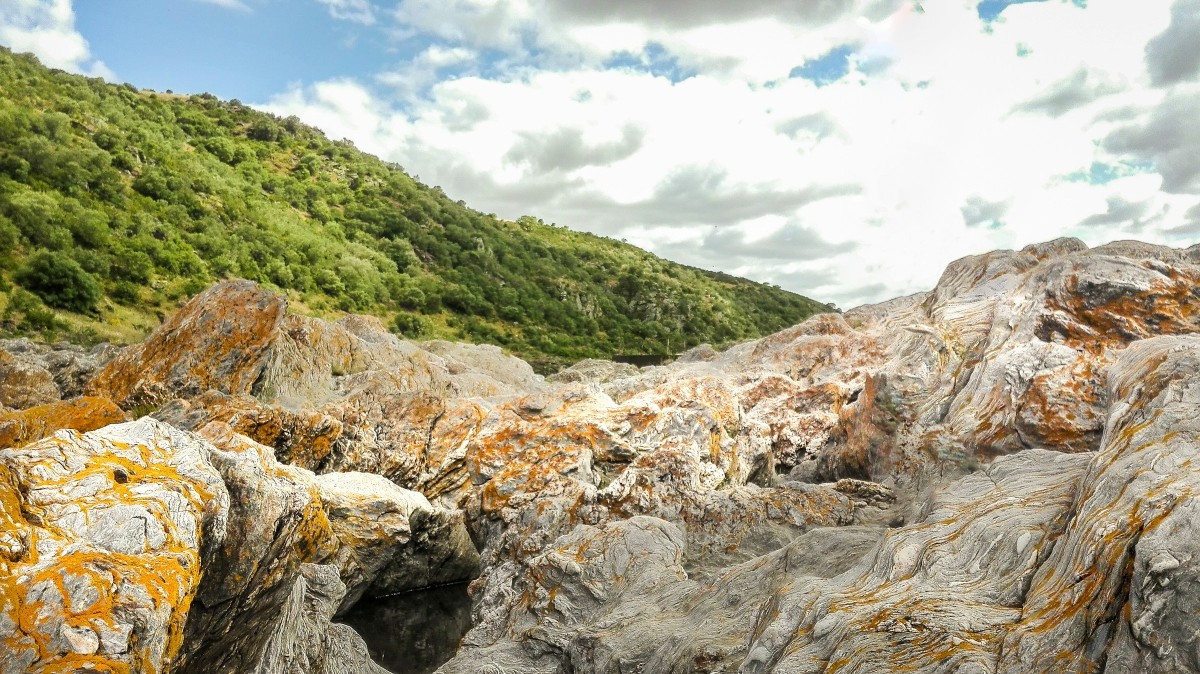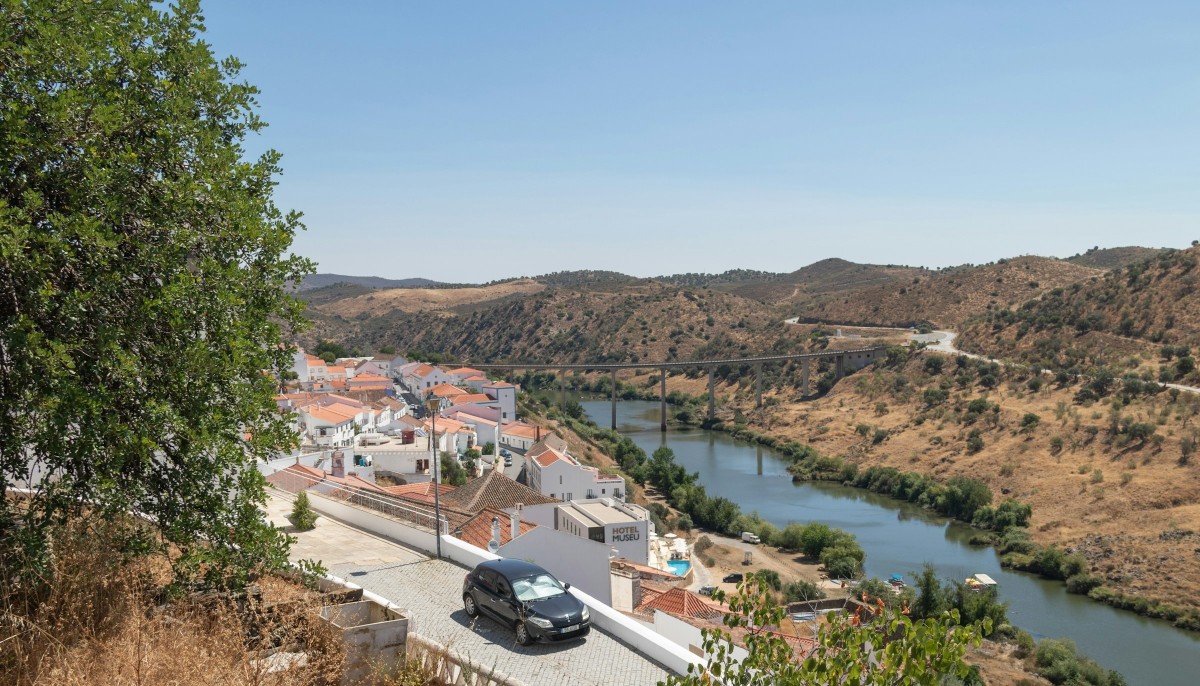
Nestled in the heart of Alentejo, southern Portugal, the charming village of Mértola has earned international recognition from the United Nations as one of the world’s Best Tourism Villages in 2025. Sharing this prestigious title with fellow Portuguese villages Lóriga and Vila Nogueira de Azeitão, Mértola stands out for its exceptional ability to safeguard its historical, cultural, and natural heritage while promoting sustainable tourism.
Perched on a rocky spur above the Guadiana River, Mértola is a living museum, where centuries of history are etched into winding cobbled streets, whitewashed houses, and ancient walls. Its origins trace back to the Phoenicians, who established it as a trading port. Over the centuries, it was shaped by Carthaginians, Romans—who named it Myrtylis Iulia—and Arabs, who called it Martulah in the 8th century. After the Christian reconquest in 1238, Mértola transformed yet retained its multicultural essence, blending influences from Islamic, Roman, Visigothic, and Christian civilizations.

Visitors can explore Mértola’s rich heritage through its remarkable architecture and archaeological sites. The medieval castle, the converted Mosque now serving as the Igreja Matriz with its original mihrab, and the local museum—spanning ten locations including the Roman House, Basilica, and San Francisco Convent—showcase the village’s layered history. The UN has highlighted initiatives like Archaeology for the Future, which merge research, education, and tourism, allowing discoveries to be preserved and shared with the public through guided tours and exhibitions.
Mértola also champions sustainability, particularly in its relationship with the Guadiana River. Through the Sustainable River Tourism programme, visitors can enjoy boat trips, sport fishing, and birdwatching, connecting with nature without harming the environment.

The village’s vibrant cultural calendar further enhances its appeal. The biennial Islamic Festival transforms Mértola into a lively marketplace filled with music, aromas, and colour, celebrating its Arab heritage. Meanwhile, the March Festival da Túbera honours local gastronomy, featuring Alentejo delicacies such as white truffle dishes, legumes, and lamb.
Mértola is more than a destination; it is a testament to how tradition and progress can coexist. With its unique blend of history, culture, and sustainable tourism, this southern Portuguese gem is now firmly on the world stage.
